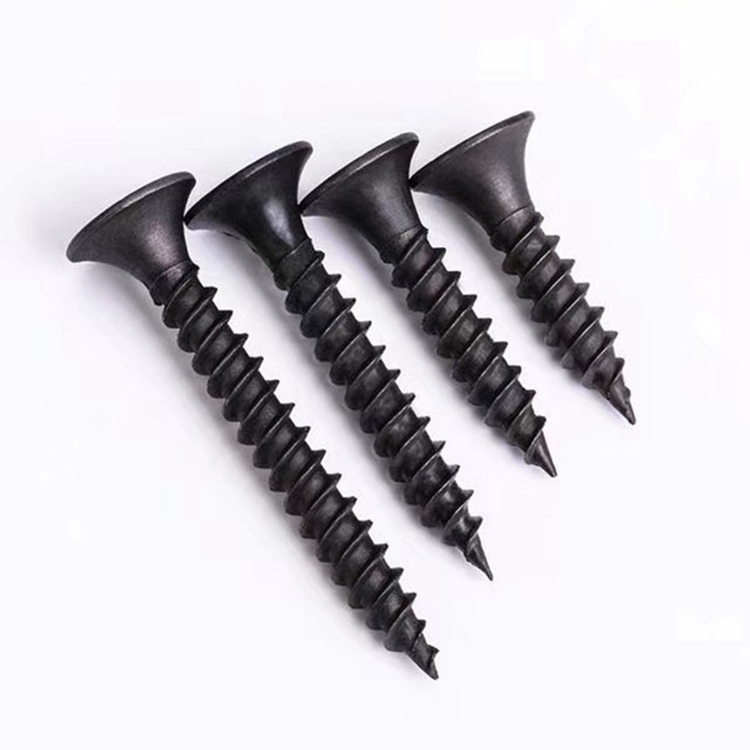best c bolts
Noy . 22, 2024 08:21 Back to list
best c bolts
The Best C-Bolts A Comprehensive Guide
When it comes to fastening technologies, C-bolts are pivotal in a variety of applications, ranging from construction to automotive industries. Known for their strength and durability, the best C-bolts can significantly enhance the integrity and safety of structures and machinery. This article delves into what C-bolts are, their applications, and how to select the best ones for your needs.
What Are C-Bolts?
C-bolts, often referred to as carriage bolts, are characterized by their round heads and square necks, which prevent the bolt from turning when tightened. This design makes them ideal for use with wooden structures and metal components. Available in various sizes and materials, C-bolts offer versatility and resistance to different environmental conditions.
Applications of C-Bolts
C-bolts are commonly used in numerous applications, including
1. Construction They are frequently employed in securing wooden beams and frames. Their design provides a robust fastening method that can withstand significant weight and stress. 2. Furniture Assembly Many manufacturers utilize C-bolts in the assembly of furniture due to their strong holding capabilities and ease of installation. Flat-pack furniture often relies on these bolts for quick and secure assembly.
3. Automotive Industry In vehicles, C-bolts are used to secure various components, ensuring that parts remain in place under the stresses of movement and vibration.
4. Industrial Equipment Machinery often incorporates C-bolts in their assembly processes, highlighting their essential role in maintaining operational integrity.
best c bolts

Selecting the Best C-Bolts
Choosing the right C-bolts involves several considerations
1. Material The most common materials for C-bolts include stainless steel, zinc-plated steel, and carbon steel. Stainless steel is typically used for applications requiring corrosion resistance, while zinc-plated steel offers a more economical option for indoor use.
2. Size and Length It’s crucial to select the appropriate size and length for your specific project. A bolt that’s too long or too short can compromise the strength of the fastening.
3. Load Requirements Evaluate the load and stress your project will face. High-stress applications may necessitate higher-grade bolts to ensure safety and durability.
4. Weather Resistance If you’re working in an outdoor environment, consider C-bolts that are galvanized or coated to prevent rust and degradation.
Conclusion
C-bolts stand as a testament to the importance of well-designed fastening technologies. By understanding the features, applications, and selection criteria for the best C-bolts, you can make informed choices that enhance your projects' safety and effectiveness. Investing in high-quality C-bolts is essential for anyone looking to ensure the long-term integrity of their structures or assemblies.
Latest news
-
Reliable Wire Bolts Suppliers | Quality Zinc Plated Fasteners
NewsAug.26,2025
-
Wire Bolts Suppliers: Durable & Reliable Fasteners for Every Project
NewsAug.25,2025
-
Premium Cabinet Bolts Supplier | Wholesale & Custom Solutions
NewsAug.24,2025
-
Reliable Axle Nuts Supplier | Quality & Precision Fasteners
NewsAug.23,2025
-
Durable Bolts for Lawn Mower Handle - Top Supplier & Manufacturer
NewsAug.22,2025
-
High-Quality Bolts for Lawn Mower Handle Supplier & Manufacturer
NewsAug.21,2025
